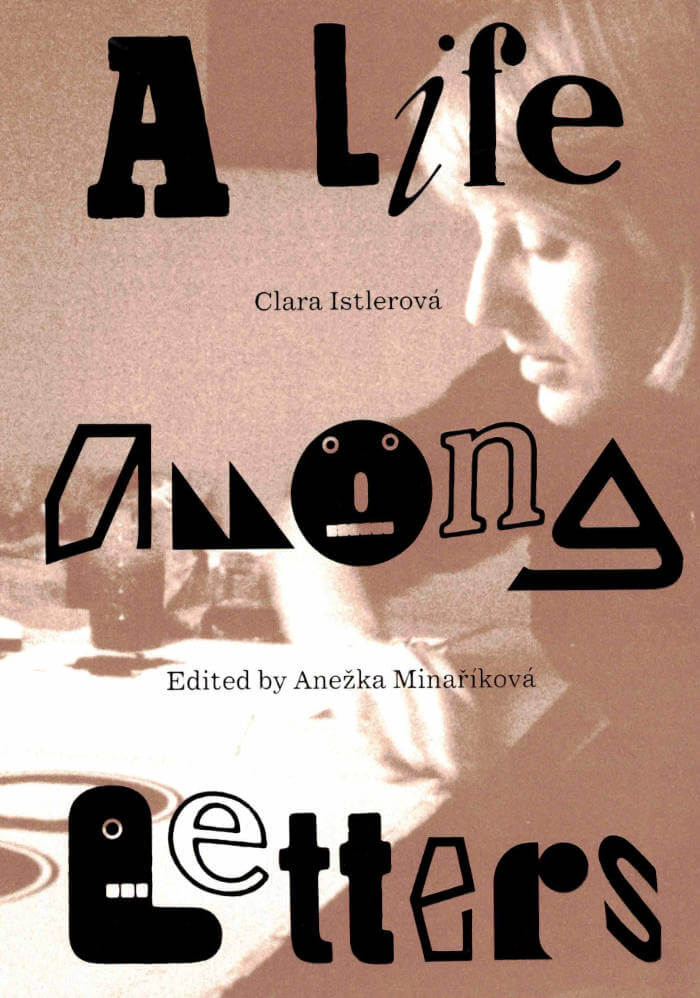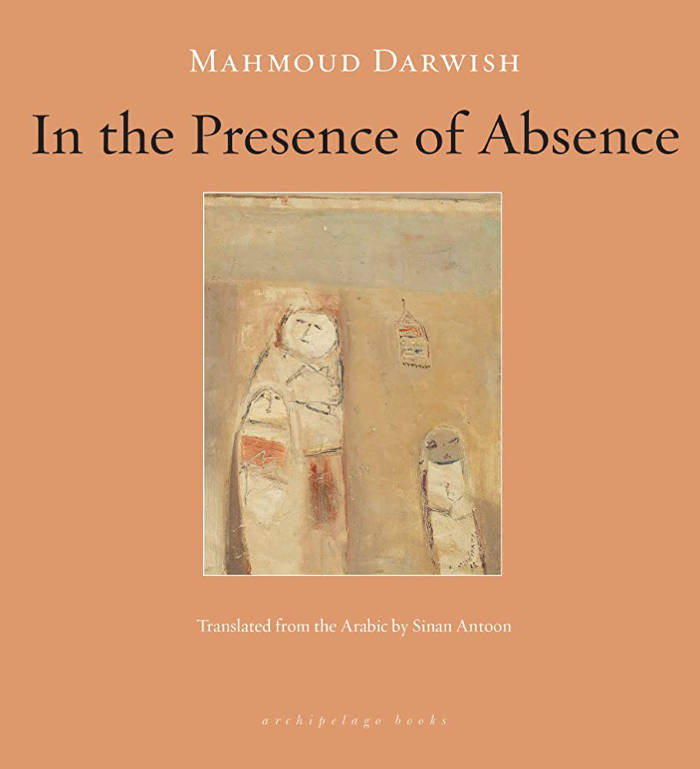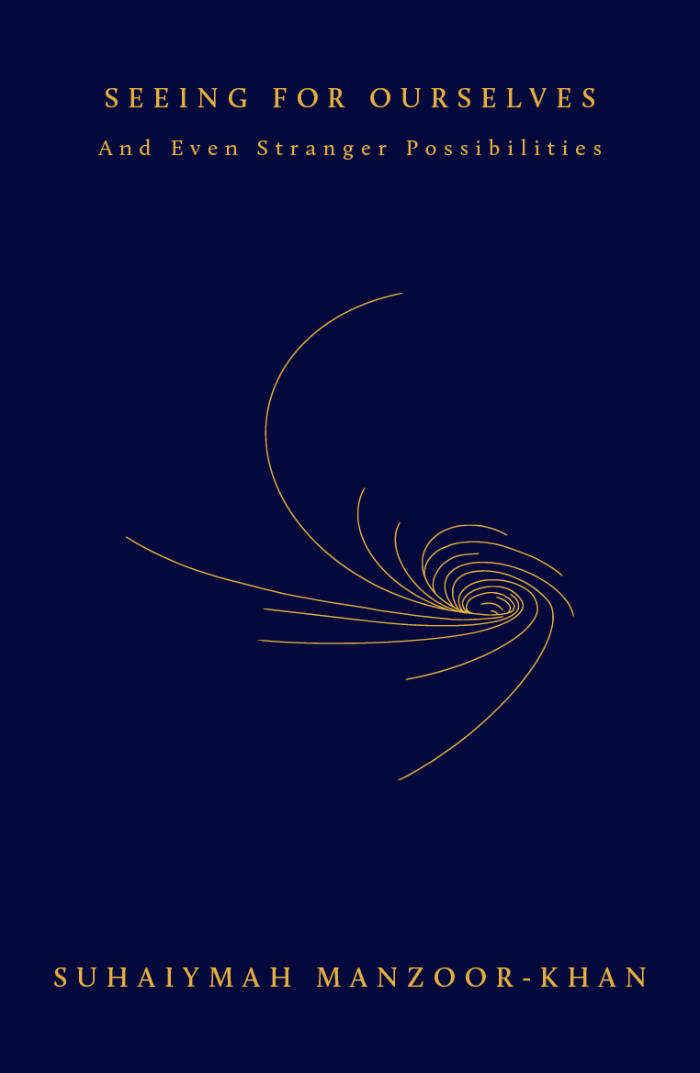
Mysterious Letters: Language, Science, and the Voynich Manuscript
Anežka Minaříková ed., Marek Nedelka ed.
Mysterious Letters is a private investigation into the unsolved mysteries surrounding the Voynich Manuscript. The manuscript is considered to be a “UFO of a book world” as it was written in an unknown language and script, in an unknown location in the 15th century. The book features interviews and essays from various experts in different fields, all pondering the question of what it means to encounter something that remains beyond our comprehension in a world where all information and knowledge seem to be readily available.
Edited and Designed by Anežka Minaříková & Marek Nedelka
Essays by Anežka Minaříková, Arnošt Vašíček
Interviews and Conversations with Ivan Zelinka, Vladimír Matlach, Barbora Anna Janečková, and Reed Johnson
Copy-editing and proofreading by Aren Ock
Published in 2023 168 pages





